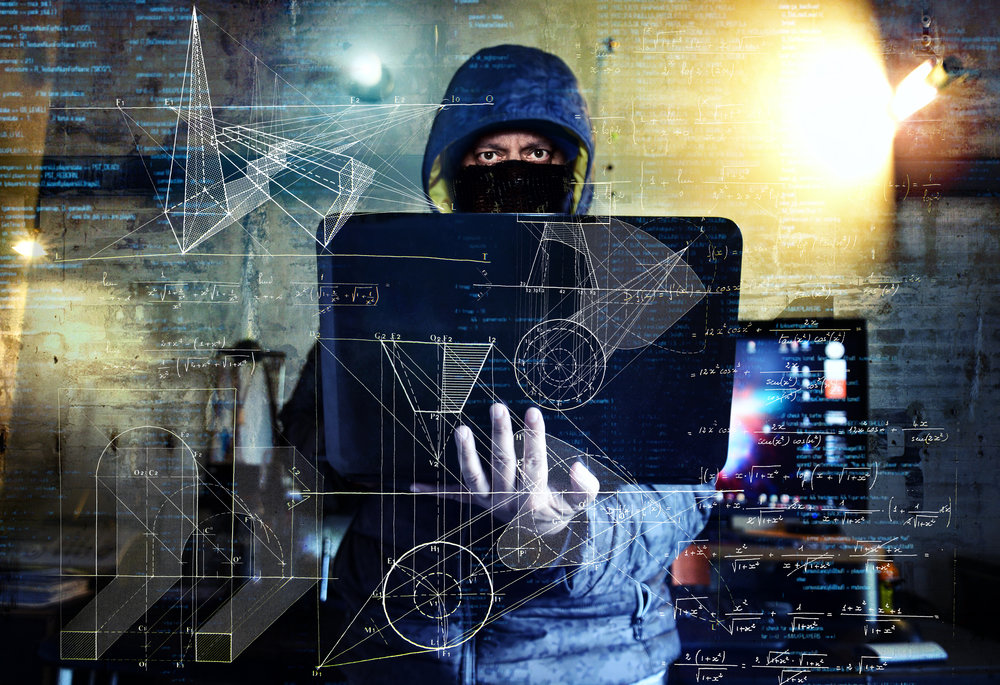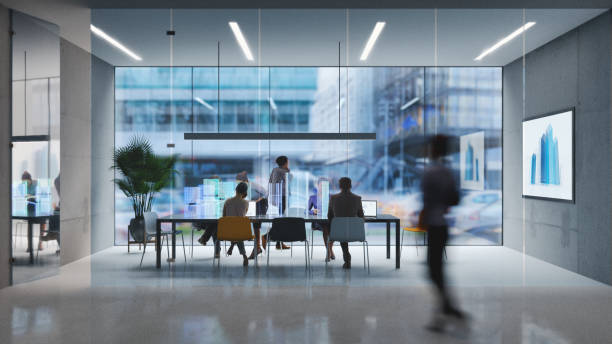Introducation:
Uniformed Security Guards play a crucial role in maintaining safety and security in various settings, such as commercial buildings, hospitals, schools, government facilities, and events. These professionals are trained and equipped to carry out their duties and responsibilities, which may include patrolling, monitoring surveillance systems, controlling access, responding to emergencies, and interacting with other professionals. In this article, we will delve deeper into the world of uniformed security guards, exploring their duties, qualifications, training, equipment, work environments, challenges, and career opportunities.
Duties and Responsibilities
Uniformed security guards are responsible for a range of duties and responsibilities, which vary depending on the specific setting they work in. However, some common tasks that most security guards perform include:
- Patrolling – Uniformed security guards patrol designated areas to detect and deter suspicious or illegal activities. They may walk, ride bicycles, or drive vehicles to cover large areas.
- Monitoring Surveillance Systems – Many security guards monitor surveillance systems to detect and respond to security threats. They use cameras, alarms, and other equipment to maintain a safe environment.
- Controlling Access – Uniformed security guards control access to restricted areas by checking identification cards, verifying credentials, and ensuring that only authorized personnel enter.
- Responding to Emergencies – In the event of an emergency, such as a fire, medical emergency, or security threat, uniformed security guards are responsible for responding quickly and appropriately to mitigate the situation.
- Interacting with Other Professionals – Uniformed security guards interact with other professionals, such as law enforcement officers, emergency medical technicians, and facility managers, to maintain safety and security.
Qualifications
To become a uniformed security guard, one must meet certain qualifications, which vary depending on thef1 employer and the specific role. Some common qualifications for uniformed security guards include:
- Education – Most employers require that Uniformed Security Guards have at least a high school diploma or equivalent.
- Background Check – Uniformed security guards must pass a background check, which may include a criminal record check, credit check, and drug screening.
- Physical Fitness – Uniformed security guards must be physically fit to perform their duties, which may involve standing, walking, or running for extended periods.
- Communication Skills – Uniformed security guards must have excellent communication skills to interact with colleagues and the public.
- Security License – Depending on the state or country, uniformed security guards may need to obtain a security license before they can work in the field.
Training
Uniformed security guards undergo specific training to prepare them for their duties and responsibilities. The training may vary depending on the employer and the specific role, but it typically covers the following areas:
- Legal Aspects – Uniformed security guards must understand the legal aspects of their job, such as the use of force, detainment, and arrest.
- Security Procedures – Uniformed security guards must be familiar with security procedures, such as emergency response, access control, and surveillance monitoring.
- Communication Skills – Uniformed security guards must develop excellent communication skills to interact with colleagues and the public.
- First Aid/CPR – Uniformed security guards must be trained in first aid and CPR to respond to medical emergencies.
- Use of Equipment – Uniformed security guards must be trained in the use of equipment such as radios, alarms, and surveillance systems.

Equipment
Uniformed security guards use a range of equipment to perform their duties and responsibilities, which may include:
- Uniform – Uniformed security guards wear a specific uniform that identifies them as security personnel.
- Radio – Uniformed security guards use radios to communicate with colleagues and emergency services.
- Surveillance Equipment – Many security guards use cameras, alarms, and other surveillance equipment to monitor the environment.


Comments are closed.